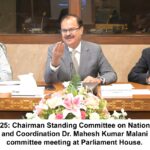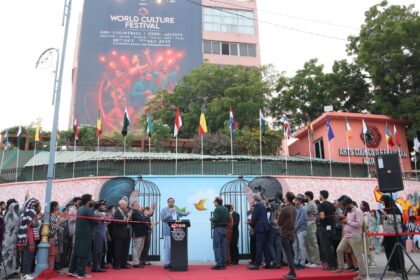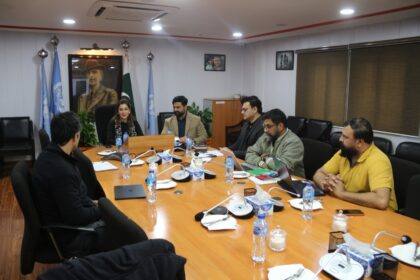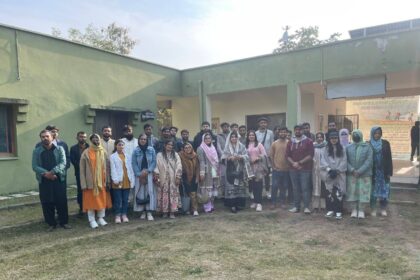The Standing Committee on Commerce at the National Assembly has voiced support for establishing district chambers of commerce, aiming to make business services more accessible and strengthen the country’s economic framework. During a session held at the Parliament House in Islamabad, the committee also examined Pakistan’s vehicle import policies and ongoing tariff discussions with the United States.
Committee members pointed out that centralizing business representation through the Karachi Chamber of Commerce and Industry (KCCI) has posed challenges for many entrepreneurs, especially those who must travel long distances to avail themselves of essential services. With over 350,000 registered businesses in Karachi, the creation of district-level chambers is seen as a way to decentralize these services, boost business facilitation, and broaden the national tax base. Lawmakers from across the political spectrum expressed support for allowing districts to establish their own chambers, while also agreeing to hear the KCCI’s perspective before making a final decision. The Director General of Trade Organizations was directed to invite KCCI representatives to the next meeting, and representatives from various chambers seeking licenses shared their concerns with the committee.
On the issue of vehicle imports, the committee debated government policy and regulatory responsibilities. Representatives from the motor vehicle import sector argued that the Engineering Development Board (EDB), as a manufacturing-focused body, should not handle the licensing of commercial vehicle imports. Instead, they recommended shifting this responsibility to the Ministry of Commerce. While members acknowledged the importance of maintaining fair competition between new and used vehicles in accordance with international norms, they cautioned that expanding commercial imports could put pressure on foreign exchange reserves and potentially harm the domestic automotive industry. The Ministry of Commerce presented proposed policy changes, including limits on the age of imported vehicles, new tariff structures, stricter environmental standards, and the unification of various import schemes. The committee decided to seek further input from the Ministry of Industries, asking for a detailed review—particularly regarding the potential impact of increased electric vehicle imports—at a future meeting.
The committee also received a confidential briefing about current tariff negotiations between Pakistan and the United States.
Chairman Muhammad Jawed Hanif Khan reiterated the committee’s commitment to shaping business and industrial policies according to principles of merit, transparency, and public interest. He emphasized that the subjects discussed carry national importance and will continue to be reviewed collaboratively with all stakeholders to ensure fair and practical outcomes.
The session was attended by several Members of the National Assembly, senior officials from the Ministry of Commerce, representatives from trade organizations, and the Federal Board of Revenue.











